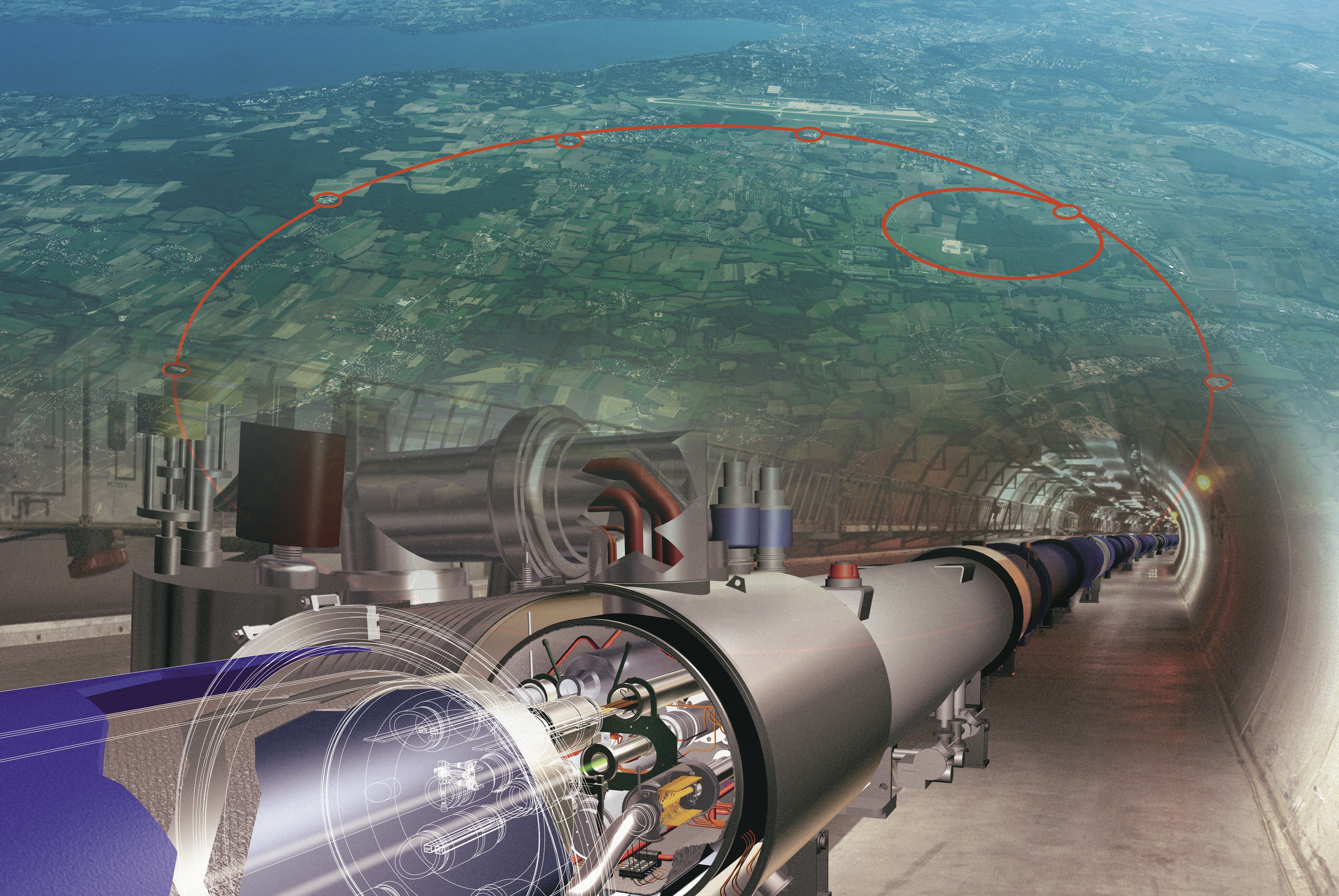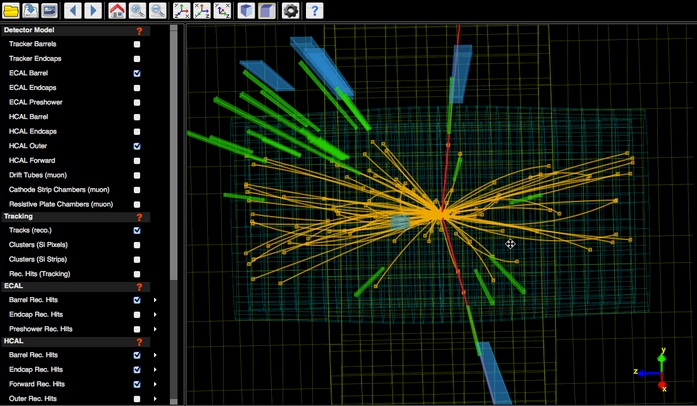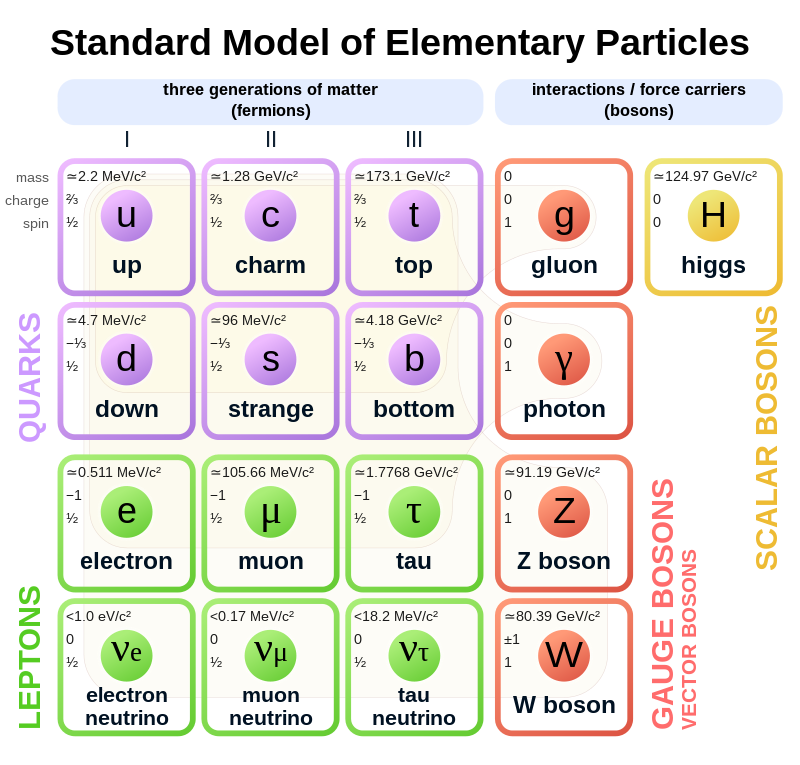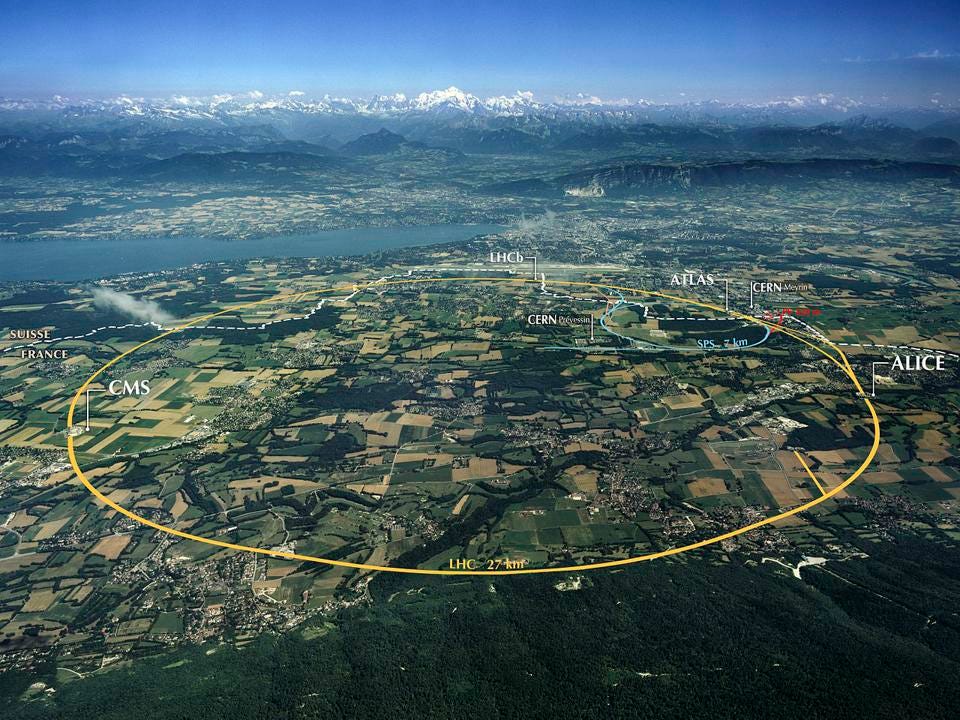Elementary particle physics is the study of the universe at the smallest distance scale possible. It addresses questions such as:
- What are the fundamental building blocks of the universe?
- How do these fundamental constituents interact with each other?
- Why is the mass of the Higgs boson unnaturally small?
- What is the physics beyond the current theory of particle physics?
- Is there a limiting smallest distance scale to the universe?
- How can we integrate quantum mechanics and gravity?
- Why is there much more matter in the universe than anti-matter?




